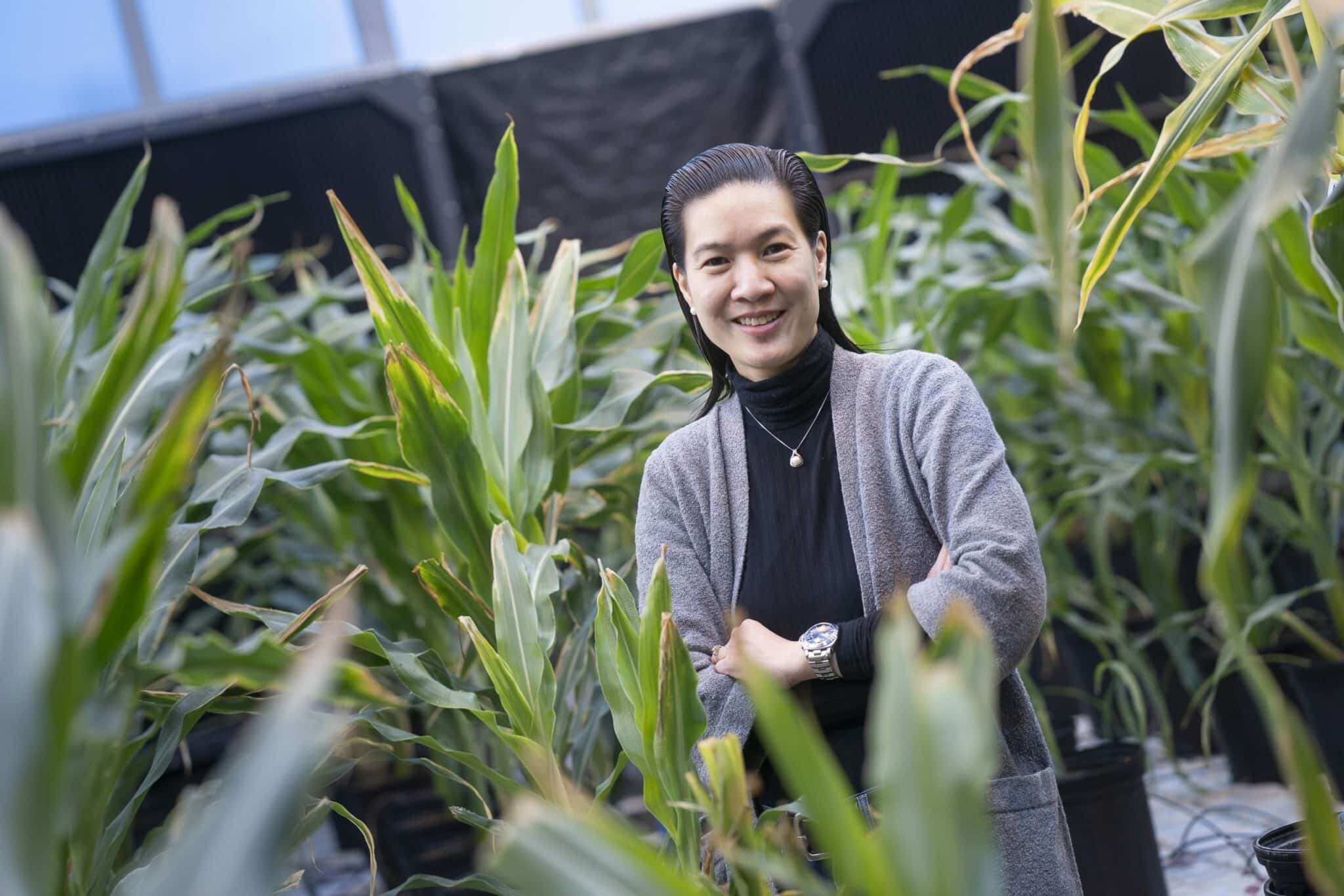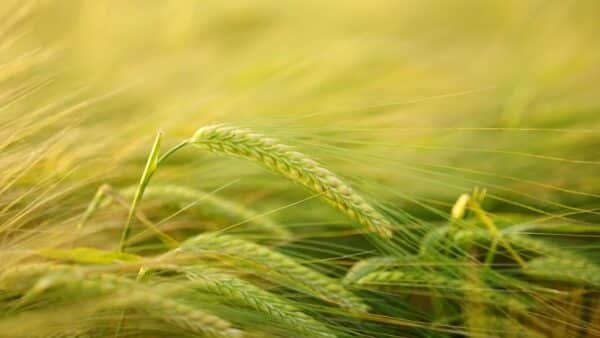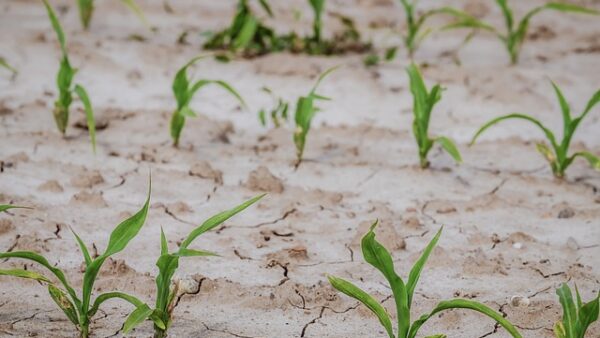Ponsi Trivisvavet, CEO of Inari, says that her biggest concern in the industry is farmer profitability, but increasing innovation can alleviate the issue.
Seed World (SW): Do you have a favorite podcast you’ve listened to recently?
Ponsi Trivisvavet (PT): “The Modern Acre.” It offers great perspectives on new developments in agriculture from some very innovative people in our industry.
SW: No. 1 favorite place you’ve ever visited?
PT: The 17-mile Drive on the Monterey Peninsula of California. It’s calming and allows me to think. Connecting with the stunning scenery there helps me to imagine the limitlessness of what we can do for the world with more sustainable solutions to address the challenges of climate change.
SW: What’s one thing you’d never leave home without?
PT: My energy and optimism.
SW: Who’s someone that has influenced you and
your work?
PT: My grandfather. His care and concern for others made him my role model. He ran a rubber plantation and was also in the fishing business. You’ve heard the saying that the best way to help people is to teach them to fish? Well, my grandfather lived his life that way. He literally taught the whole village how to catch fish and be self-sufficient in order to feed their families.
SW: What’s something that concerns you most about the seed industry right now?
PT: Farmer profitability. Growers are faced with limited innovation from the seeds side and increasing pressure on the commodity price.
SW: Why did Inari pique your interest, and how are you working to expand and grow the company?
PT: What got my attention is the uniqueness of our multiplex gene editing technology. It allows us to solve complex problems of the food system such as yield, water, and nitrogen consumption. Inari scientists now have the ability to edit several genes in the same plant, which is necessary for us to make a significant impact on the environmental footprint of farming. We have 150 employees working on breakthroughs across three locations: Massachusetts, Indiana and Belgium. We expect to rapidly grow over the next couple of years — especially in West Lafayette, Indiana — to support our gene editing, greenhouse, field and commercial capacity in corn and soybeans.
SW: Top 3 priorities for Inari for the next year?
PT: Moving our high performing edited soybeans and corn from the greenhouse to field trials next year, working closely with independent seed companies to share the excitement of these new products, and continuing to discover novel gene editing and deep knowledge tools.












